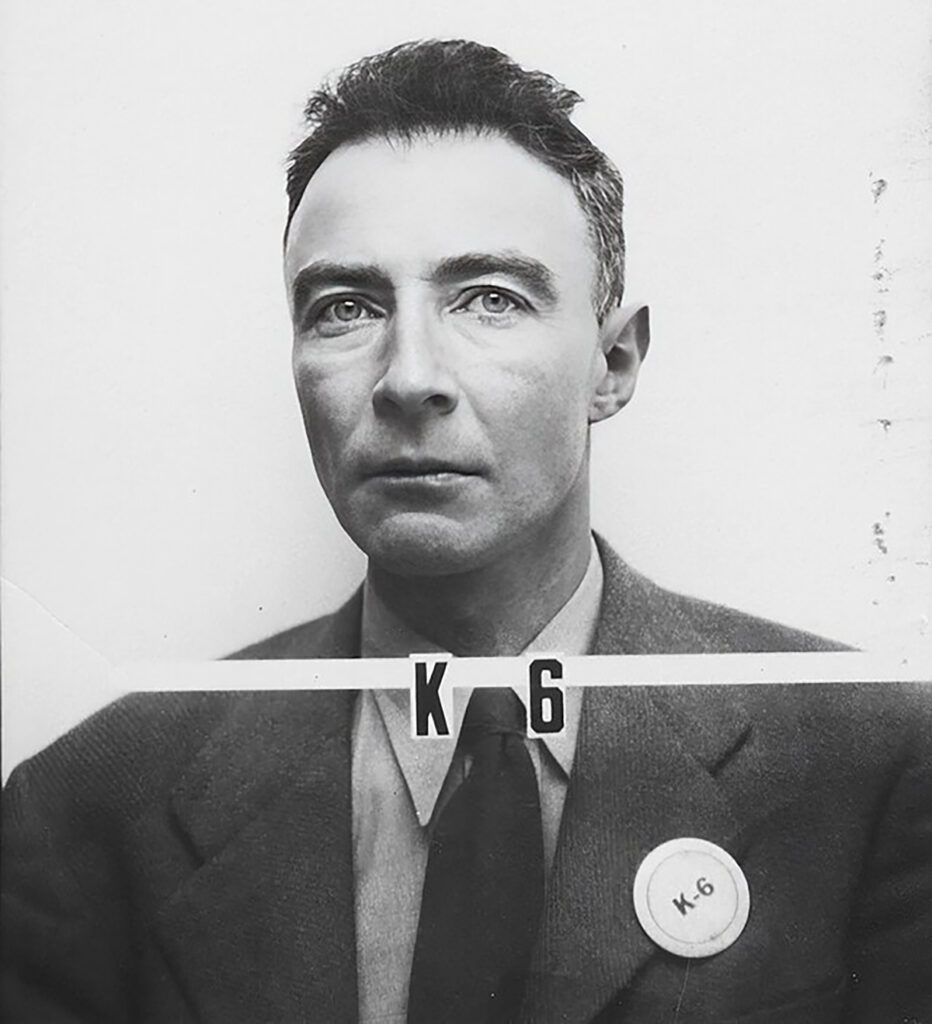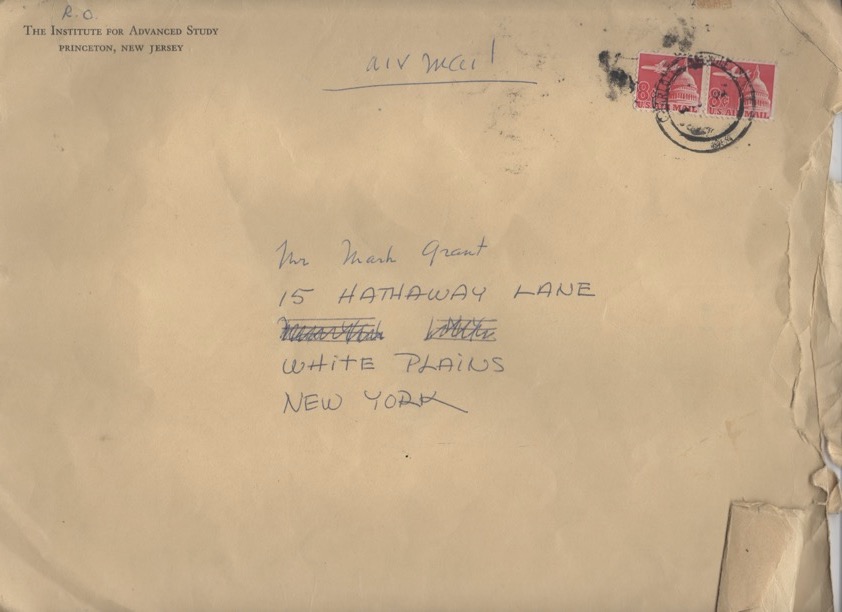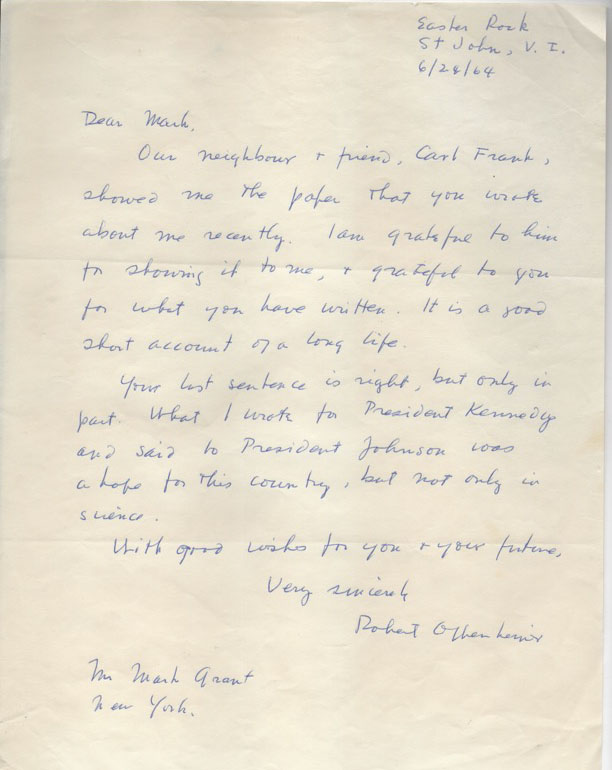
For what seems like a century, life has existed on Earth under a nuclear sword of Damocles. More recently, climate change and the apocalyptic nuclear or electric-grid havoc that AI could wreak have become additional doomsday threats. By comparison, the prospective apocalypse of art, letters, and humanities that AI could bring about seems less catastrophic. But even if AI (or global warming) does not physically destroy us, ChatGPT seems to be rapidly subsuming or obviating individual human creativity, and the utilitarian selling points of STEM disciplines are driving the arts and humanities to disappear from education, and perhaps from human endeavor. The erstwhile sacred summum bonum of a liberal arts degree is being viewed as dispensable and valueless. Big Tech doesn’t seem to care about the arts except as marketable assets or data to mine.
Yet in previous epochs, the practitioners of technology and art more commonly crossed domains, and not just during the Renaissance. William Herschel was both an astronomer and a composer. Alexander von Humboldt was a geologist and a philosopher, while his friend Goethe was a poet who dabbled in botany and the physics of light. Alexander Borodin was a chemist and a composer, Samuel F. B. Morse was both a painter and the inventor of the telegraph, and Benjamin Franklin’s polymathic exploits are proverbial.
The fine film Oppenheimer barely touches on J. Robert Oppenheimer’s underappreciated artistic interests and cultural outreach. He wrote poetry as a young man, and his broad cultural sympathies and post–Manhattan Project life as a public intellectual put him more in the class of the omnivorous art-science generalists of the past. Like Bertrand Russell, Oppenheimer outspokenly embraced physics, mathematics, culture, and politics. He may have been the last publicly influential scientist who viewed the arts and literature of the past as sources of wisdom and necessary complements to science. His lifelong, un-scientist-like appreciation of the humanities may be seen as a prophetic reproach to today’s paradigm of reducing all human endeavor to Big Data.
Oppenheimer’s mother was a gifted painter, and he grew up in an apartment with walls bedecked with original Rembrandts, Picassos, and Van Goghs acquired by his wealthy father. As a young man, he read prodigiously, from volumes of Freud, Gibbon, and Proust to poetry in French and English. In addition to his scientific precocity, he had a preternatural ability to acquire languages quickly, reading Dante in Italian, Das Kapital in German, and the Bhagavad-Gita in Sanskrit. His father was a classical music lover, and there was always a piano in the house. His physicist brother, Frank, became an accomplished flutist. At the University of Göttingen in 1927, physicist Paul Dirac said to the future creator of the atomic bomb, “They tell me you write poetry as well as working on physics. How can you do both? And I think you’re giving too much time to music and that painting collection of yours.”
Robert Serber, a student of Oppenheimer’s at Berkeley in the 1930s, remembered, “We acquired something of his tastes. We went to concerts together and listened to chamber music. Oppie and Arnold Nordsieck read Plato in the original Greek.” What scientist or public intellectual of our time could—as Oppenheimer did in a television interview with Edward R. Murrow on January 4, 1955—casually quote from the Metaphysical poet George Herbert’s “The Collar” as a veiled caustic allusion to the revocation of his security clearance the year before? In 1963, the Christian Century asked Oppenheimer to list the 10 books that had most influenced him. He listed only two scientific tomes; the other eight included T. S. Eliot’s The Waste Land, Baudelaire’s Fleurs de Mal, Hamlet, The Divine Comedy, and Flaubert’s Sentimental Education.
Against the objections of some of his pure-science colleagues at the Institute for Advanced Study (IAS) at Princeton, Oppenheimer issued teaching invitations to T. S. Eliot, the classics scholar Harold Cherniss, the theater scholar Francis Fergusson, the historian Arnold Toynbee, the political philosopher Isaiah Berlin, the diplomat George Kennan, and several psychologists. He became good friends with Archibald MacLeish, warning the poet in a letter of the “profound part that culture and society play in the very definition of human values.” He went out of his way to create a multidisciplinary environment during his years at the IAS.

Starting in 1953, when he still had his security clearance, Oppenheimer actively participated in the Congress for Cultural Freedom (CCF), the international agency founded in 1950 that promoted the free expression of Western avant-garde artists and intellectuals during the free world’s intense propaganda war with the Soviet Union in the early years of the Cold War. Through speaking at CCF conferences for peace and disarmament, Oppenheimer met or befriended writers such as Stephen Spender, Arthur Schlesinger Jr., and Robert Lowell, but he grew closest to the CCF’s influential general secretary, the composer Nicolas Nabokov, a first cousin of the novelist. Oppenheimer had long been an avid classical music listener. Igor Stravinsky visited him at Princeton in the summer of 1959, observing of a barefoot Oppie, “Even his feet are intelligent.” In 1966, already ill with cancer, Oppenheimer invited Nabokov to become a visiting member at the IAS. Nabokov spent much time with him during his final illness. Before his death, Oppenheimer left a note asking Nabokov to arrange a performance of Stravinsky’s Requiem Canticles at his memorial service, which was attended by Spender, Kennan, George Balanchine, and John O’Hara.
About a year before he died, The New York Times revealed that the CCF had been covertly funded by the CIA. That the same government which had revoked his security clearance was secretly funding an organization that supported him in a public role as an anti-Communist was surely the most savage irony of Oppenheimer’s life.
Oppenheimer’s pilgrimage from advocate to critic of a technology he had helped birth is not untypical among 20th-century scientists. At a 1948 broadcasters’ convention, Lee de Forest, inventor of the vacuum tube in 1906, called commercial radio “a benign Frankenstein. What have you gentlemen done with my child? He was conceived as a potent instrumentality for culture, fine music, the uplifting of America’s mass intelligence. You have debased this child.” The inventor in the 1920s of the iconoscope and kinescope used in television, Vladimir Zworykin, became a public relations nightmare for RCA late in life, telling The New York Times in 1981, “The programs! I would never let my children even come close to this thing. It’s awful what they’re doing.” In our own time, Google’s Geoffrey Hinton (who has warned about AI) and Microsoft’s Jaron Lanier (who has written anti-Internet and anti–social media polemics) are similar public gadflies, apostates from the technologies they helped develop. Onetime pacifist Bertrand Russell, jailed during World War I for his resistance, eventually supported the allied war effort in World War II, then turned against the Vietnam War. Some, of course, view the Los Alamos Oppenheimer as morally irredeemable by his later philosophical shifts.
But where are the Oppenheimers of today who might weigh the social capital of technology from a grounding in arts and culture? Did the titans of today’s digital world game out, during R&D, potential toxic repercussions of their work? Viral disinformation? Deep fakes? The likelihood that aggregating intellectual property would undercut copyrights and the intellectual property rights of individual creators long before AI? That electronic communication would make long-letter writing obsolete and short messaging impermanent, crippling the database for the writing of history and biography and potentially obliterating the human record of our times, if only indirectly? That short-character messaging and enforced multitasking might permanently injure deep discourse? That if media literacy supplanted traditional literacy, the basest instincts of human beings might be potentiated, and search engine algorithms favoring angry images might drive social discord? Were the moguls of Silicon Valley insensitive to these possibilities of their benign Frankensteins because they were not as steeped in arts and letters as Oppenheimer was and lacked the wisdom and perspective therefrom?
As a child, I learned firsthand of Oppenheimer’s view of the world beyond science’s walls. As an 11-year-old sixth-grade student early in 1964, I wrote a class paper about Oppenheimer’s life and career. A family friend knew the actor Carl Frank, Oppenheimer’s neighbor in the Virgin Islands, and offered to send my paper to him. To everyone’s shock, Oppenheimer wrote me back: a one-page letter that I still possess, handwritten in blue ink, with the masthead inscription: Easter Rock, St. John, Virgin Islands, dated June 24, 1964. The letter had been airmailed in a manila envelope with a preprinted IAS return address in the upper lefthand corner, with the handwritten initials “R.O.” written above the engraved lettering. Perhaps it tickled him that an 11-year-old had written in a grammar school paper, a tad inaccurately (or perhaps prophetically), “At one time he was thought a security risk, seeming to be associated with the Soviet Union, but this was officially proved to be nonsense.”
Shortly after the John F. Kennedy assassination, Lyndon Johnson had presented Oppenheimer with the Enrico Fermi Prize, which Kennedy had intended for him. I ended my paper by characterizing Oppenheimer’s public remarks at that White House ceremony in December 1963 thus: “Oppenheimer’s comment might be evaluated briefly as an optimistic look at this country’s future in science.” Oppenheimer wrote in reply,

Our neighbor and friend Carl Frank showed me the paper you wrote about me recently. I am grateful to him for showing it to me, and grateful to you for what you have written. It is a good short account of a long life. Your last sentence is right, but only in part. What I wrote to President Kennedy and said to President Johnson was a hope for this country, but not only in science.
Surely one lesson from Oppenheimer’s life is that cultural statesmanship—born of an awareness of human history and the sensibility-shaping experience of great art, literature, and music—should always be an indispensable co-factor in wisely managing the unintended perils of science.

